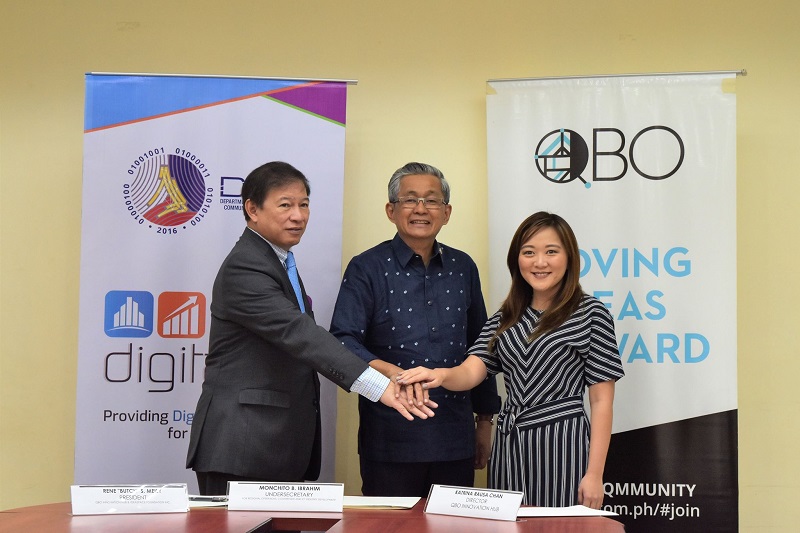
The number of common cyber threats detected in Singapore saw a decrease in 2018, although Singapore continues to be the target of cyber-attacks by advanced actors. These are findings released by the Cyber Security Agency of Singapore (CSA) in the Singapore Cyber Landscape 2018 publication today.
Decrease in Common cyber threats
Common cyber threats – such as website defacements, phishing, ransomware and Command and Control (C&C) servers – were observed to have decreased in 2018 compared to the year before. 605 website defacements were detected in 2018, as compared to 2,040 in 2017. There was a 30 per cent decrease in phishing URLs with a Singapore-link, from 23,420 URLs in 2017 to 16,100 URLs in 2018 and 21 ransomware cases were reported to CSA in 2018, a decrease from 25 in 2017.
Cybercrime cases continue to rise
The Singapore Police Force reported that cybercrime continued to rise, with 6,179 cases reported in 2018 and accounting for about 19 percent of the overall crime in Singapore. 1,204 cases were investigated under the Computer Misuse Act, an increase of about 40 per cent compared to 2017.
Online scams continued to be a concern, with about 2,125 ecommerce scams reported in 2018, where victims lost a total of about S$1.9 million. 70 per cent of such scams took place on e-commerce platform Carousell, and involved electronic products and tickets to events and attractions.
Separately, 378 business email impersonation scams were observed in 2018, up from 332 cases in 2017. Businesses in Singapore suffered losses of close to S$58 million in 2018, an increase of about 31 per cent from 2017.
Report anticipates future cyber crime trends
Despite the decrease in the number of common cyber threats detected in 2018, Singapore has been, and will continue to be, the target of cyber-attacks by Advanced Persistent Threat (APT) groups and other actors. In 2018, notable incidents included cyberattacks on SingHealth and a number of universities in Singapore. These incidents highlight the need for organisations, businesses and individuals to stay vigilant and strengthen their cybersecurity to keep pace with increasingly targeted and sophisticated threats.
Mr David Koh, Commissioner of Cybersecurity and Chief Executive of CSA, said, “Cybersecurity incidents made some of the biggest headlines in 2018. Data breaches across various industries affecting high-profile organisations were reported but smaller businesses and individual users were not spared either. We have to learn from these incidents and push further in our cybersecurity efforts collectively as a nation, so that we can defend ourselves against increasingly sophisticated threats and prepare ourselves for a digital future.”
The report also identified six anticipated cybersecurity trends in the near future. These include more frequent data breaches, increased threat to global supply chains and more disruptive attacks against the Cloud. Smart buildings and connected systems will also face greater risks of attacks, given the proliferation of Internet of Things (IoT) devices and connected industrial control systems.
In addition, threat actors may leverage on Artificial Intelligence (AI) to search for vulnerabilities and create smarter malware. They are also likely to target and manipulate biometric data to build virtual identities and gain access to personal information.



















